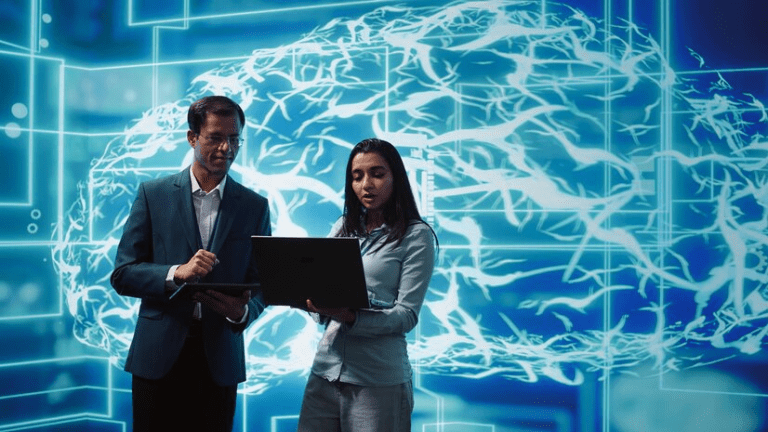Rather than replacing human workers, AI is often used to augment human capabilities. In sectors like manufacturing, AI-powered robots work alongside humans, taking on labor-intensive tasks while employees handle complex decision-making and problem-solving. In creative industries, AI is being used to assist in generating ideas, editing content, and even composing music or writing code.
Artificial Intelligence (AI) is no longer confined to science fiction; it's now a driving force behind some of the most significant technological advancements of the 21st century. As AI becomes more sophisticated, its applications continue to expand, reshaping industries and impacting society in profound ways. In this post, we'll dive into what AI is, explore its current applications, and consider the challenges and opportunities it presents for the future.

At its core, AI refers to the simulation of human intelligence in machines that are programmed to think, learn, and make decisions. AI systems use algorithms, neural networks, and vast amounts of data to recognize patterns, solve problems, and optimize outcomes.
